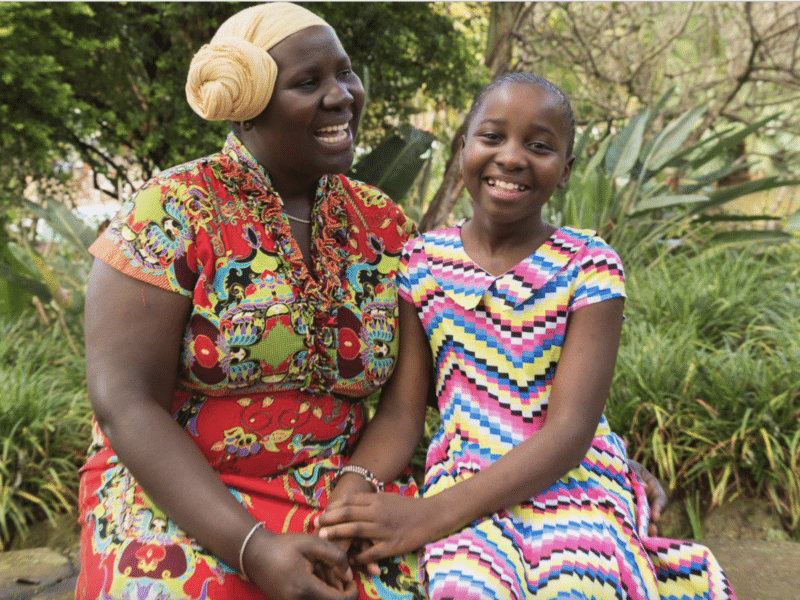“Six years ago we used to record around 600 deaths due to malaria, and last year we only had 10 or 12 deaths,” said Mr. Abdullah S. Ali, Director of the Zanzibar Malaria Control Program during a recent visit with Congressional offices on Capitol Hill.
Mr. Ali visited Congress in order to thank the U.S. government for its continued support and to shed light on the tremendous impact that collective efforts are having in reducing the malaria burden on his island.
Mr. Ali attributes this success to a variety of factors – a strong national plan, proper monitoring and evaluation systems and combined malaria control tools (ITNs, IRS, IPTp, and ACTs) – as well as behavior change communication programs. This combination of factors contributed not only dramatic reductions in cases and deaths, but to other additional positive outcomes. For example, school attendance has increased in Zanzibar as a result of having fewer children fall ill to the disease. And, Mr. Ali added, “children are becoming change agents and role models for their families and communities,” recounting how school-aged children are now the ones instructing their parents to use bed nets and other protective measures.
Modest, yet critical household savings are another positive indicator. By cutting down on malaria-related expenses, such as drugs, travel and hospitalization costs, families are able to invest in other basic livelihood needs, such as food, school fees or their own small-scale businesses. Mr. Ali also highlighted improved patient care as another result of having hospitals less burdened by malaria cases.
Several years ago, he said, understaffed pediatric wards had an average of 40 cases per night, with many patients suffering from severe malaria and requiring blood transfusions. In contrast, the current caseload of 10 patients per night at most is manageable, allowing improved quality care by health personnel.
As a more illustrative example, Mr. Ali explained how his youngest of four children, Fatima, aged seven, has never suffered from malaria and is part of a new generation that is “malaria-free” in Zanzibar. Bearing the “485 lives a day” pin, which indicates the return on investment in lives saved every day thanks to scaled-up malaria control interventions, he spoke about how technical assistance from the US has enabled the ZMCP to chart an unprecedented course towards disease-elimination. But, he also cautioned about the possible consequences of backtracking – risking the lives of many Fatimas who have never been sick with malaria – should sustained US efforts and focus subside.
In this interview Mr. Ali emphasizes the need for continued multi-stakeholder coordination between donor and endemic-country governments, NGOs and others at international and local levels to maximize resources for malaria control and to reach those who are most in need.
Learn more about the Voices for a Malaria-Free Future project.





